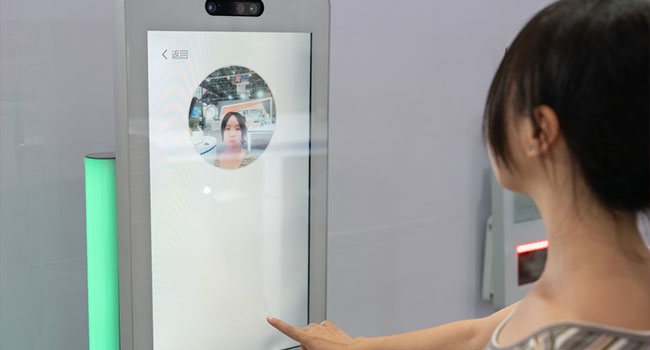
China Implements Mandatory Facial Recognition Scans For New Cell Phone Users
The government claims that the new requirement will prevent fraud for citizens, but critics see it as the furthering of invasive surveillance measures.
- By Haley Samsel
- Dec 03, 2019
All new cell phone users in China must submit a facial scan to the country’s technology agency after new regulations went into effect on Sunday.
The government’s Ministry of Industry and Information Technology said that the new requirement, which will not affect phone numbers already registered before Dec. 1, is meant to protect Chinese citizens’ “legitimate rights and interests in cyberspace,” according to CNN.
Officials say that the regulations will prevent fraud, but critics see the measure as yet another way that Chinese officials are removing anonymity from the internet and conducting more intense surveillance of users.
"There's no evidence that this type of technology improves public safety, but it's ideal for authoritarian control," Evan Greer, the deputy director of Fight for the Future, a digital rights advocacy group, told ABC News. “It enables governments to engage in invasive and ubiquitous monitoring of an entire population.”
More than 850 million people in China, or about 65 percent of the population, use mobile phones to access the internet, CNN reported. The government has essentially built its own, censored version of messaging, social networking and financial apps that are used by most of the population.
“Real-name registration” policies are already enforced in the country, requiring Chinese citizens to link their online accounts with their government identifications. This new deployment of facial recognition only furthers the level of knowledge that the government has of its citizens’ online activity.
Read more: China Installs Secret App to Travelers’ Phones to Monitor For ‘Objectionable Material’
Facial recognition is also widely used across China, particularly in public spaces like airports, streets, office buildings and more. The Chinese government did not say which technology providers would provide the service to cell phone companies, though the country is home to several providers of facial recognition, including SenseTime and Megvii.
"China's implementation of this technology should be a wake-up call to people everywhere who care about basic human liberty," Greer said.
About the Author
Haley Samsel is an Associate Content Editor for the Infrastructure Solutions Group at 1105 Media.